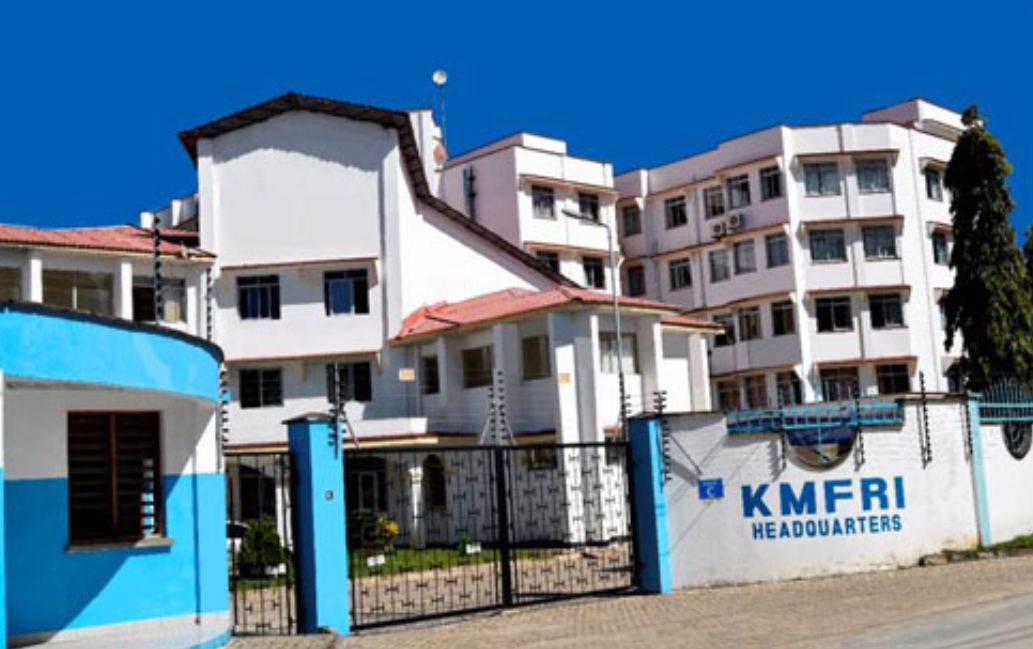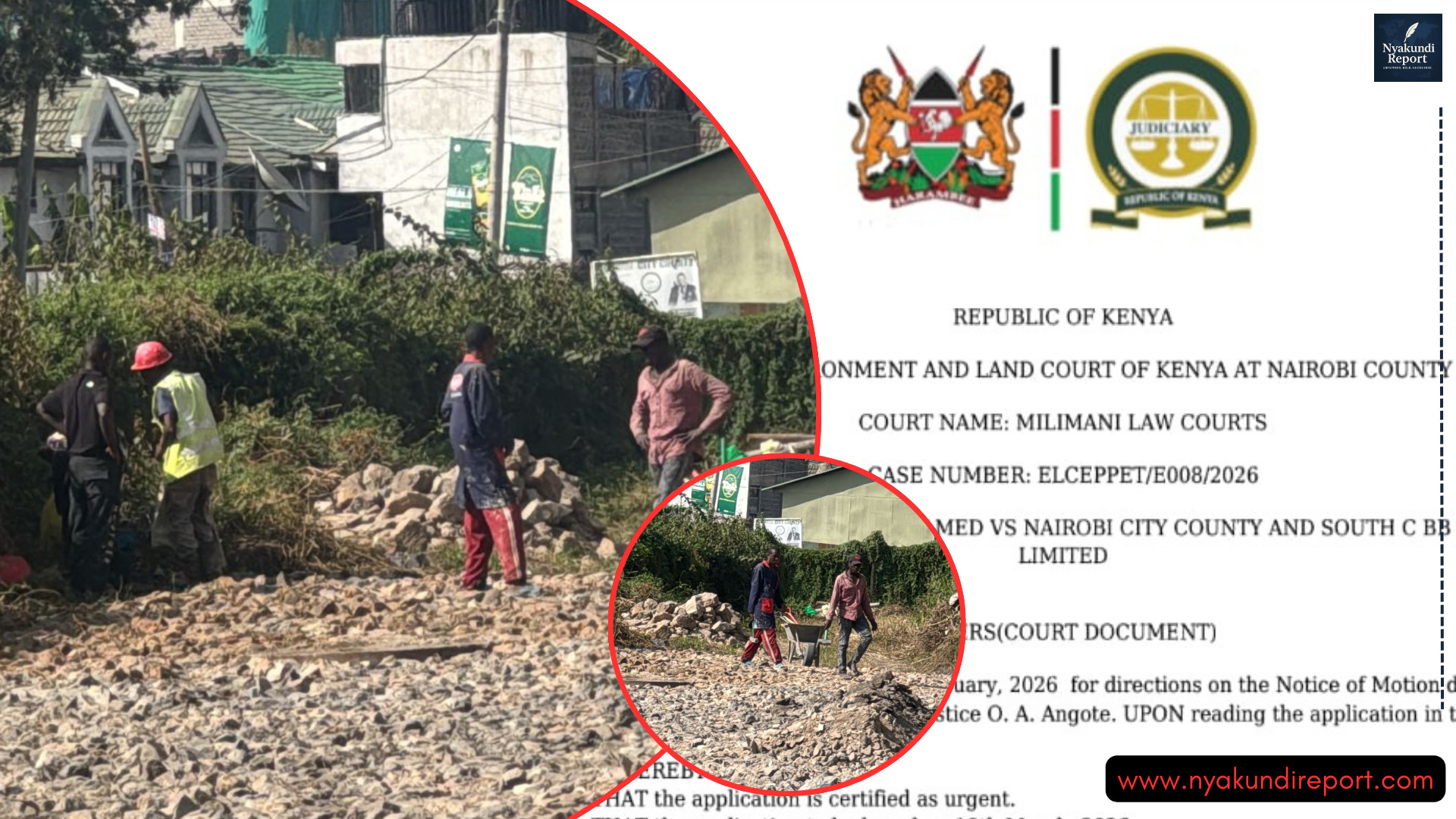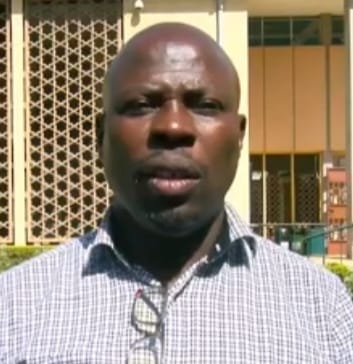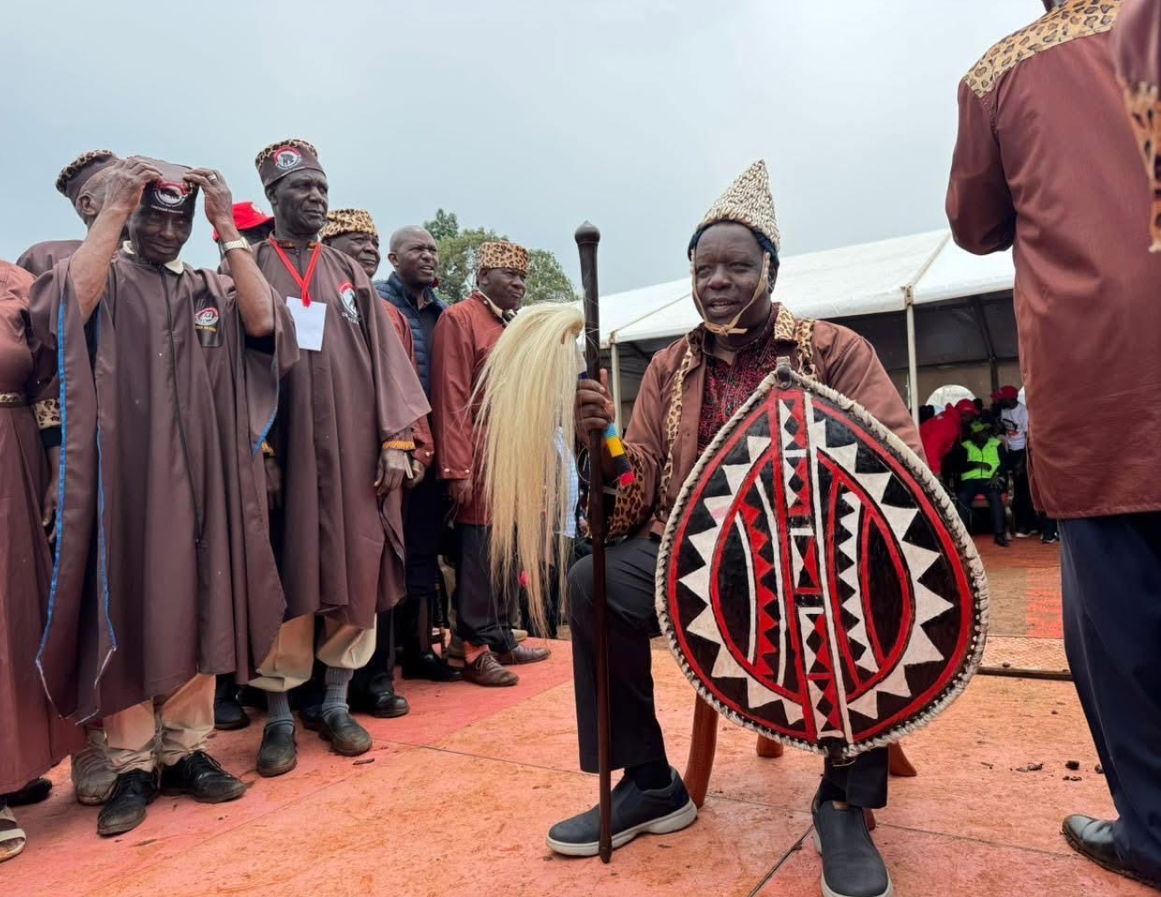An anonymous disclosure submitted to this news outlet has exposed serious structural and managerial problems within the Outreach Division of the Aga Khan Development Network (AKDN), with the report alleging that irregular promotions, the creation of roles without open competition and an oppressive leadership style have together created a work environment that contradicts the institution’s long-standing values of fairness, meritocracy, and respect for staff dignity.

Central to the submission is the career progression of Dr. Jyoti Bhayani, who is said to have advanced with unusual speed from the position of pharmacy officer to Allied Health Manager, then to Senior Manager of Clinical Operations, and within an even shorter period to the newly established position of Head of Outreach.
According to the report, none of these roles were transparently advertised or subjected to competitive recruitment, and their sequence suggests that they were effectively constructed as a pathway to accelerate her rise rather than as strategically essential posts for the wider institution.
The report also questions the restructuring of leadership roles in the division, noting that the newly created Head of Outreach position appears to have displaced the traditional Chief Operating Officer role which has historically been reserved for senior managers with extensive financial and operational expertise.
By contrast, the submission alleges that the current arrangement has left gaps in financial oversight, with reliance on other finance staff to cover areas that would ordinarily fall within the remit of a seasoned COO, and it queries why Kenya would diverge from standards applied elsewhere in the network where senior leadership appointments demand considerable management experience.
Equally serious are the descriptions of leadership conduct within the division.
The disclosure portrays a work environment in which authority has become tightly centralized, routine decisions that would typically fall within the discretion of managers now require direct approval and staff members are subjected to harsh verbal treatment in ways that not only humiliate but also deter constructive participation.
The cumulative effect, the submission contends, is a culture of fear and disempowerment where employees withdraw initiative and morale deteriorates, with some reporting that the psychological toll has been so severe that they approach the workplace with dread and emotional exhaustion.
The whistleblowers have urged AKDN’s senior leadership and governance structures to initiate an independent and transparent review of both the recruitment processes that facilitated these appointments and the management culture that has developed under the current leadership.
The appeal warns that if such issues are left unaddressed, the reputation of the Outreach Division and by extension the wider institutio risks being damaged in ways that run counter to the principles of justice, compassion, and excellence that the AKDN has historically upheld.
The disclosure closes with a deeply personal appeal in which the author, while choosing anonymity for fear of retaliation, stresses the urgency of action and frames the matter as not merely an internal grievance but as an issue of credibility and integrity for an institution that carries the trust of a global community.
 Loading...
Loading...This outlet will continue to follow up on the matter by seeking responses from the institution’s leadership, monitoring any steps taken towards independent review and examining whether the issues described in the disclosure are addressed in a manner that restores confidence among staff and upholds the standards of fairness and accountability that the Aga Khan Development Network has long been associated with.





































